I, Prisoner
(Eu, preso)
Paula Sacchetta / Brazil / 2019 / 8 x 26 min
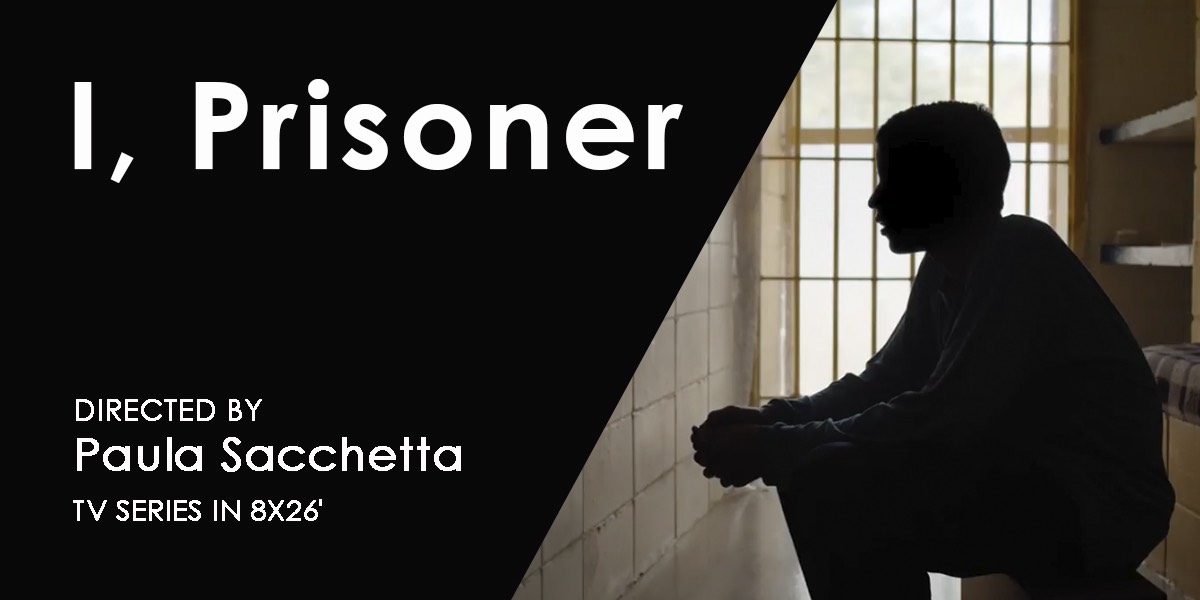
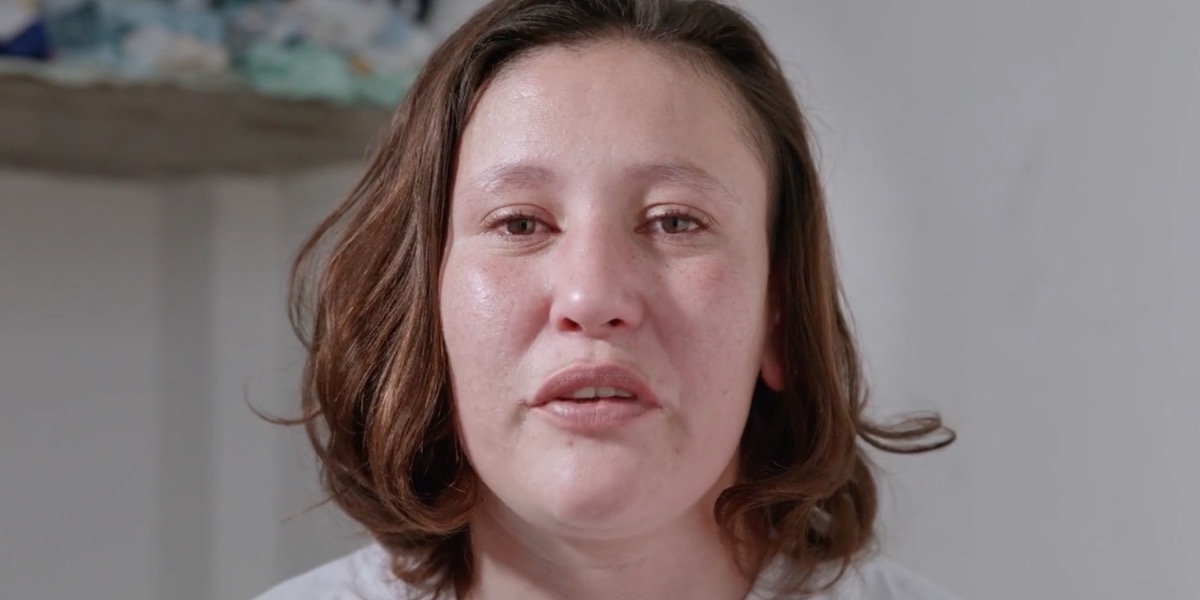
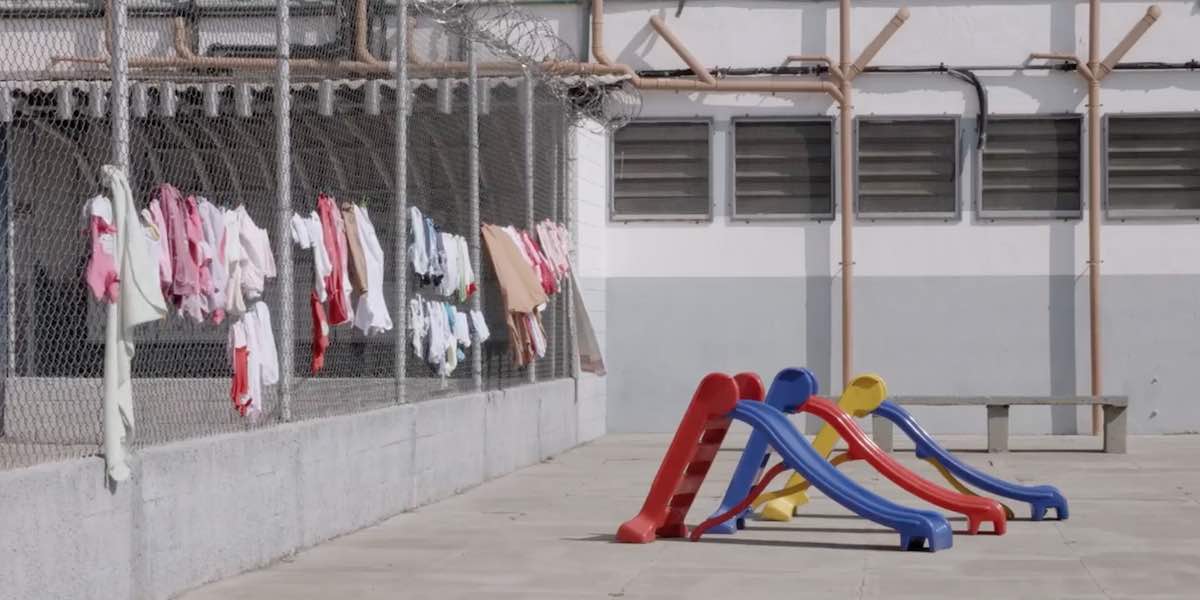
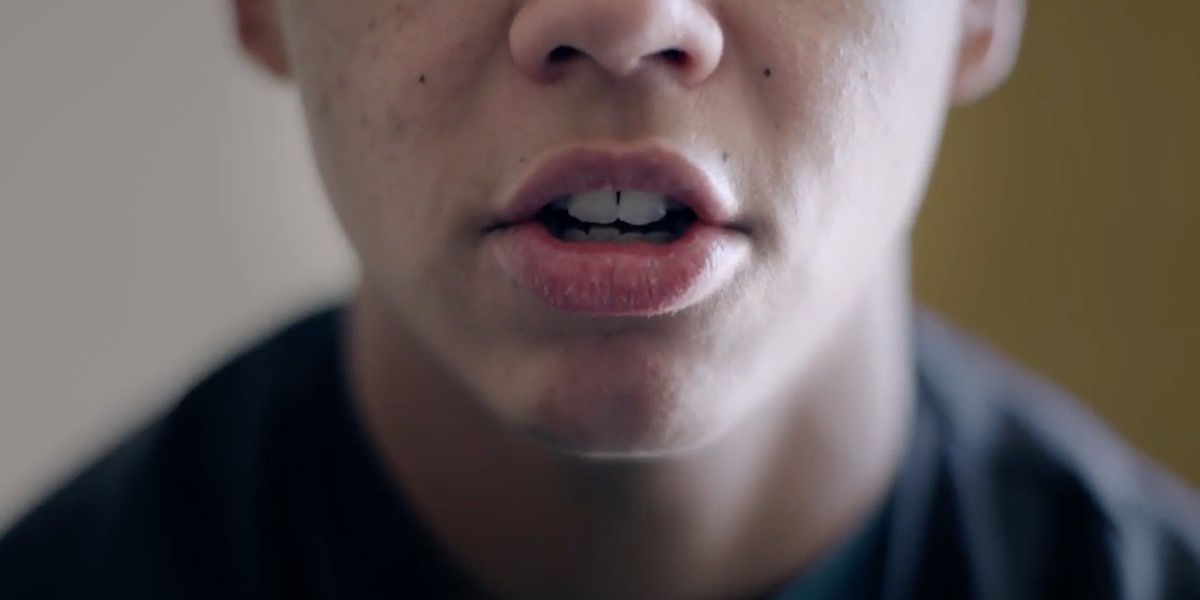
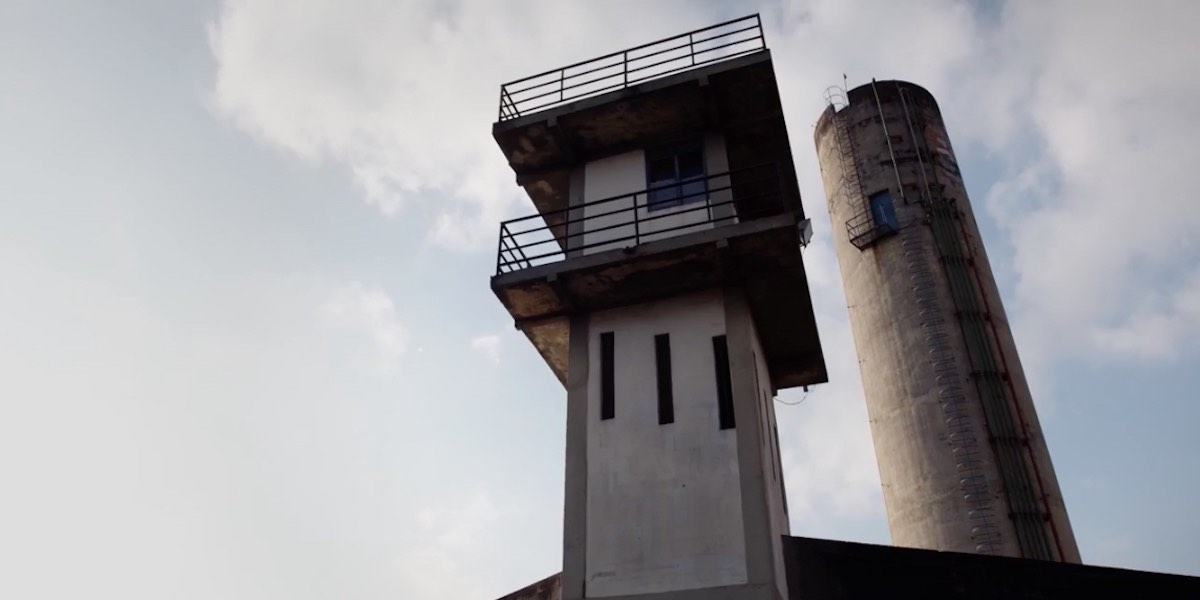
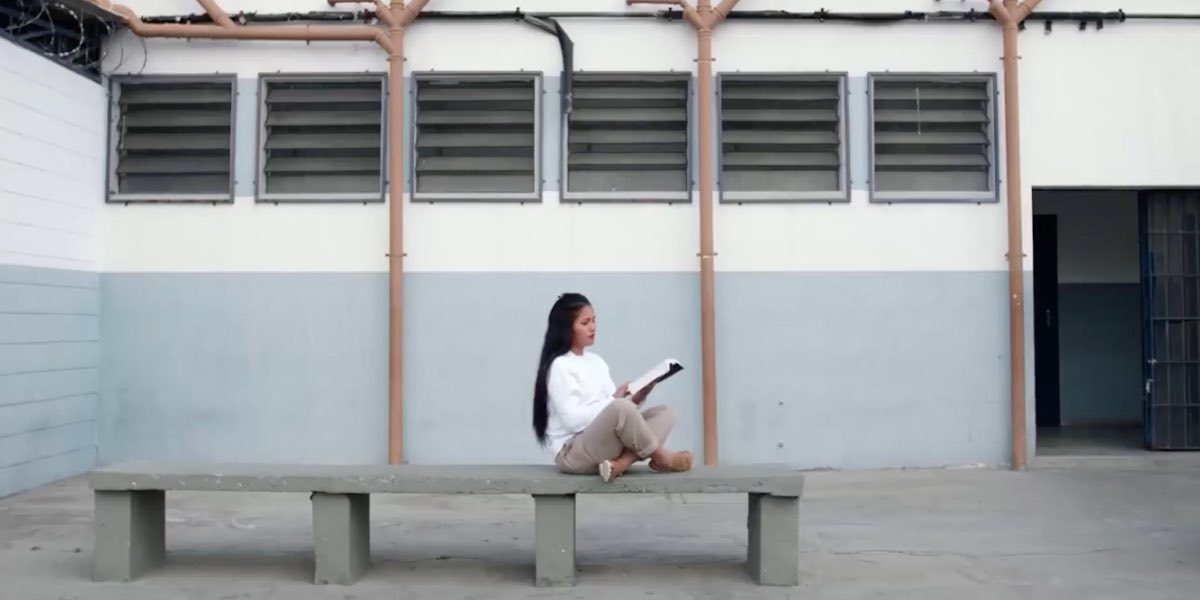
Related Films
 Freedom is a Big Word(La Libertad es una Palabra Grande)Guillermo RocamoraGuantanamo, then what? After 13 years, Mohammed, a 38-year-old Palestinian, is released from the notorious detention camp, where he was starved, ...
Freedom is a Big Word(La Libertad es una Palabra Grande)Guillermo RocamoraGuantanamo, then what? After 13 years, Mohammed, a 38-year-old Palestinian, is released from the notorious detention camp, where he was starved, ...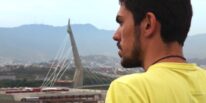 After Spring(Depois da primavera)Pedro Rossi, Isabel JoffilySyrian brothers Adel and Hadi Bakkour take to the streets of Rio de Janeiro to fight for democracy in the country where they found refuge. History ...
After Spring(Depois da primavera)Pedro Rossi, Isabel JoffilySyrian brothers Adel and Hadi Bakkour take to the streets of Rio de Janeiro to fight for democracy in the country where they found refuge. History ... RanchoPedro SperoniIn a maximum-security prison in Argentina, a boxer doggedly seeks his freedom. A group of guys dreams of one day making their millions. A young man comes ...
RanchoPedro SperoniIn a maximum-security prison in Argentina, a boxer doggedly seeks his freedom. A group of guys dreams of one day making their millions. A young man comes ... A Bruddah’s Mind(Cabeça de Nêgo)Déo CardosoBased on real events, this political drama fuses Brazilian history with international anti-racist movements. Saulo, a black introverted student and fan ...
A Bruddah’s Mind(Cabeça de Nêgo)Déo CardosoBased on real events, this political drama fuses Brazilian history with international anti-racist movements. Saulo, a black introverted student and fan ... Bad Hombres Stef BiemansBad Hombres explores the most heavily used migration route on Earth. Dutch journalist Stef Biemans travels between Guatemala and the U.S. during the ...
Bad Hombres Stef BiemansBad Hombres explores the most heavily used migration route on Earth. Dutch journalist Stef Biemans travels between Guatemala and the U.S. during the ...Related Subjects
Fun Downloads
Portuguese and Spanish with English subtitles
Brazil has the fourth highest population of prisoners per capita in the world, behind only the USA, China, and Russia. Unlike the other three, Brazil is the only one that continues to increase its incarceration rates without any improvement in violence rates.
I, Prisoner offers an insight into the prison system and the racial and class makeup of correctional facilities in Brazil. Who are these prisoners, where do they come from, and how did they end up in jail? What is life in prison like and what do inmates expect from the future, once outside? What is life like after this experience in prison? From these personal stories, I, Prisoner gathers a global vision of one of the most perverse correctional systems in the world.
Episode 1 – Mothers
What happens to a family when a mother goes to prison? How is day-to-day life in the mother-child ward of a penitentiary? A portrait of women behind bars.
Episode 2 – Provisory Sentencing
More than a third of the country’s prisoners are provisional, that is, they were arrested before trial. What does this mean? Why do we arrest first and judge later?
Episode 3 – LGBTQ+ in Prison
LGBTQ+ community represents the most vulnerable segment within the prison system. What is life like in an LGBTQ+ wing of a São Paulo prison?
Episode 4 – Minors
Socio-educational system or gateway to the prison system? How do the Brazilian organizations CASA Foundations and the former FEBEMs work?
Episode 5 – Work in Prison
Is the inmates’ work in prison of any use after the sentence has been served? Or is it just to help pass the time inside?
Episode 6 – Women “Mules”
Women mules of the drug trade: who are the foreigners that arrive in Brazil straight into a penitentiary for carrying drugs?
Episode 7 – Alternative Sentencing
There are other types of sentencing besides prison. Community service, reflective groups, and restorative justice.
Episode 8 – After prison
What does it mean to be an ex-convict? How much is the resume of a person who has left the prison system worth? We delve into the lives of three people after prison.
About the Director
With a background in journalism, Sacchetta won the Vladimir Herzog Prize for Amnesty and Human Rights. In 2014, The More Prisoners, the Greater Profit, a short documentary about the arrival of private prisons in Brazil, was awarded the 31st Human Rights Journalism Award. In 2017, Paula co-directed the TV series Families, on LGBTQ+ youth on the outskirts of São Paulo. In 2019, she directed I, Prisoner, an 8-episode TV series on the Brazilian prison system.
Paula also collaborates by directing mini-docs for Hysteria, an audiovisual content platform run by women from Conspiração Filmes, and is currently developing two long documentaries: one about sex in the third age and another about masculinities.
Notes on Film
Brazil has now over 800,000 people in jail. Since 2000, the number has increased by 167% and has not stopped going up. If the numbers by themselves are so shocking, imagine now who are the people behind them. They are men and women, mostly black, with the most varied life stories. They are mothers, fathers, and heads of families. They are children who got into traffic. Or foreign women who decided to enter the country carrying drugs, often to feed their own children, but embarked on a one-way trip and may spend years and years without seeing them again. Who are they, where do they come from and how did they end up in jail? From the human point of view, a look at the macro, the logic of an entire system.
– Paula Sacchetta, Director